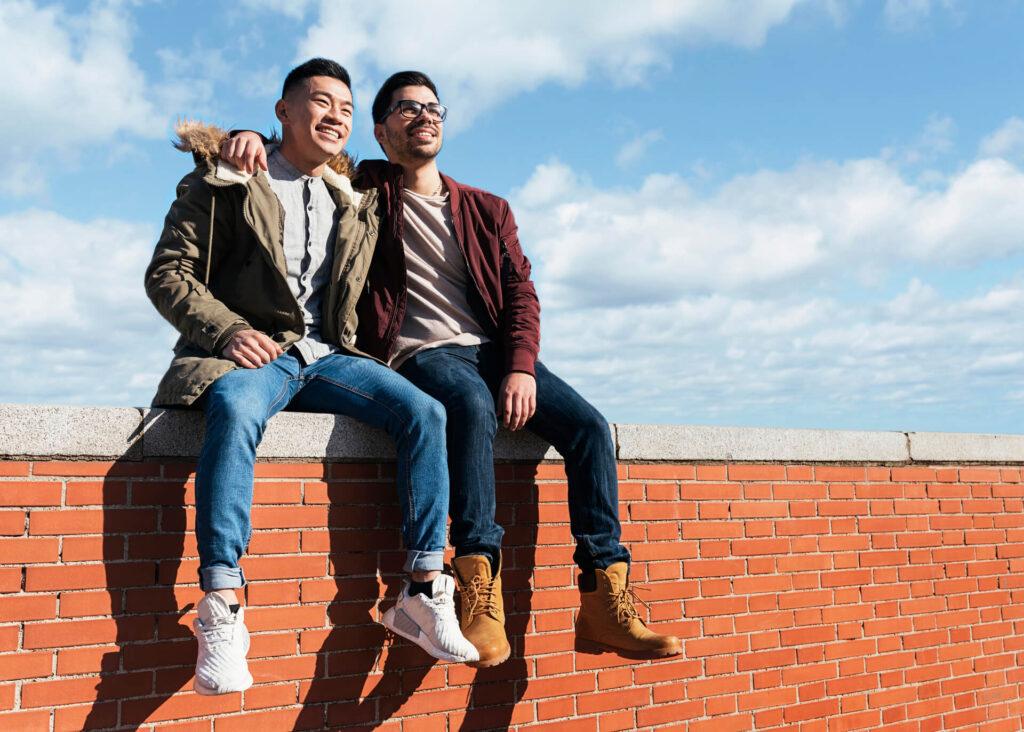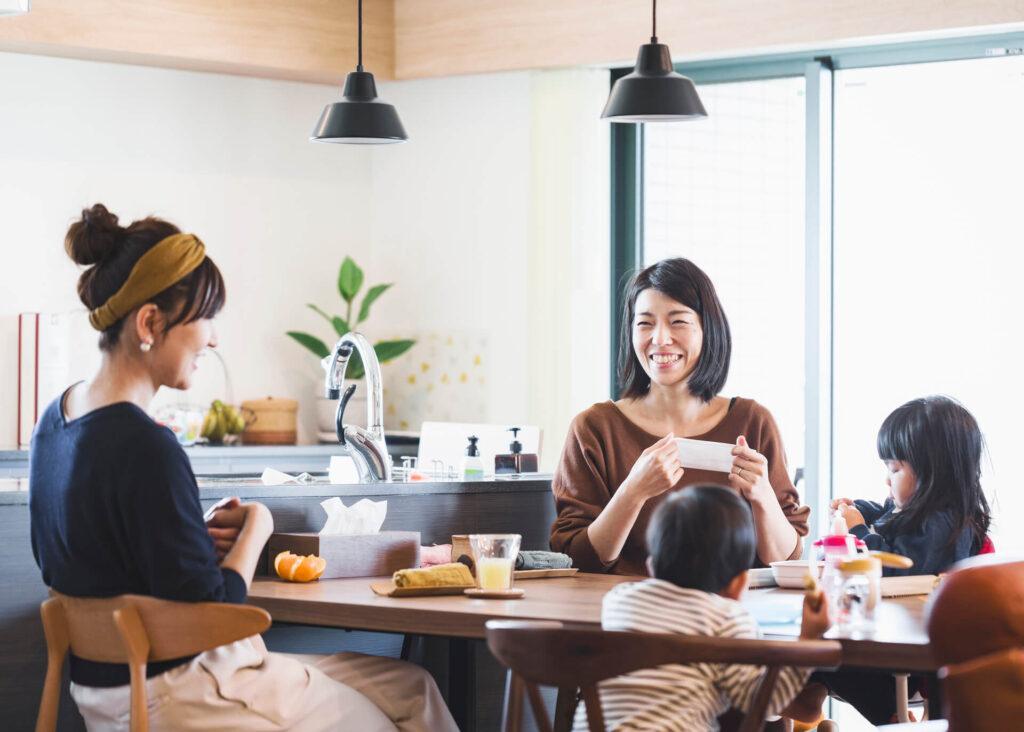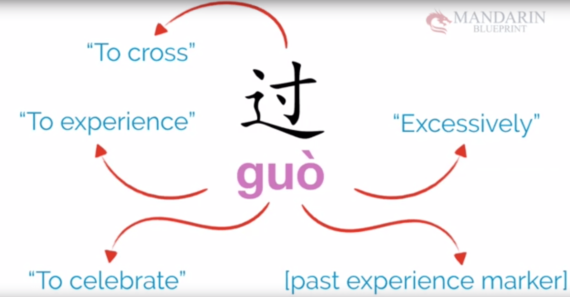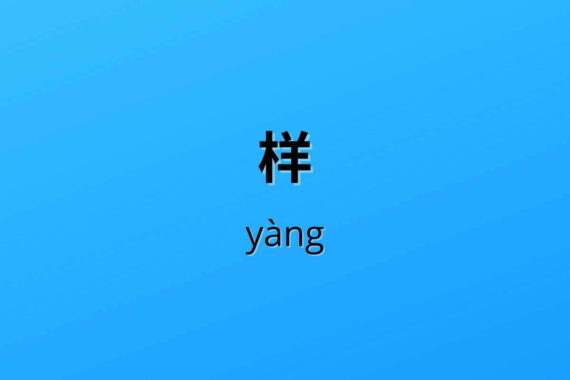10 Ways to Say “Best Friend” in Chinese

The Chinese word for friend is 朋友 péngyou. An easy way to remember the characters is to think of two moons standing beside each other (朋 péng), holding hands (友 yǒu).
So, how do you say “best friend” in Chinese? You can describe your best friend as 我的好朋友 Wǒde hǎo péngyou (“My good friend”), 我的老朋友 Wǒde lǎo péngyou (“My old friend”), or 我最好的朋友 Wǒ zuìhǎode péngyou (“My best friend”).
Native speakers use a confusing array of words in Chinese, depending on the particular relationship. This article will explore some of the more interesting ways Chinese best friends refer to one another.
1. 死党 – Sǐdǎng
The Chinese character 党 dǎng means group or party, seen in such common phrases as 党员 dǎngyuán (“party member”) or the 中国共产党 Zhōngguó gòngchǎndǎng (“Chinese Communist Party,” or CCP).
In ancient times, the expression 死党 sǐdǎng referred to someone willing to sacrifice their life for another person or group. Nowadays, it is used both by males and females to refer to a close friend, but the phrase still retains the nuance of loyalty and trust.
Your 死党 sǐdǎng, then, is your most trusted friend, someone you can rely on during hard times, a friend who will stick with you through thick and thin. You keep no secrets from your 死党 sǐdǎng, and you can talk about anything together.
For example,
她只有跟死党才会无话不谈。
Tā zhǐyǒu gēn sǐdǎng cái huì wúhuàbùtán.
She only speaks her mind with her closest friends.

2. 至交 – Zhìjiāo
A more formal phrase, you can use 至交 zhìjiāo to refer to your most important friends, those who know you better than anyone. In English, 至交 zhìjiāo is usually translated as best, closest, or “most intimate friend.”
Used both by men and by women, 至交 zhìjiāo usually describes relationships between older people, those who have enjoyed a long friendship lasting many years.
For example,
甚至他至交也从未怀疑过她是同性恋。
Shènzhì tā zhìjiāo yě cóngwèi huáiyí guò tā shì tóngxìngliàn.
Even his most intimate friends never suspected he was gay.
3. 发小(儿) – Fàxiǎo(‘r)
Another way to say best friend in Mandarin, 发小 fàxiǎo means “childhood friend,” someone who you grew up with and have kept in close touch with ever since.
Your 发小 fàxiǎo (“childhood friend”) might be a close friend you’ve known since kindergarten or someone you used to spend time with when you were small. Most likely, your families knew each other too.
发小 Fàxiǎo comes from the Beijing dialect, and its origin is unclear. Though the phrase is still more common in the north—where it is pronounced 发小儿 fàxiǎo’r—these days it is used all over China.
For example,
赵坤是我的发小。 当我们还穿着尿布的时候我就认识他了。
Zhào Kūn shì wǒde fàxiǎo. Dāng wǒmen hái chuānzhe niàobù de shíhòu wǒ jiù rènshí tā le.
Zhao Kun is my childhood friend. I’ve known him since we were still in diapers.

4. 姐妹 – Jiěmèi
Implementing the one-child policy in China meant that most people born on the mainland between 1980 and 2015 had no siblings. However, it’s still common to hear female friends or cousins refer to each other as 姐妹 jiěmèi (“sisters”).
While it’s not wrong for men to describe a female friend as their 姐妹 jiěmèi, the word sounds quite feminine, so it’s mainly used to refer to a woman’s best friend.
5. 兄弟 – Xiōngdì
Just as close female friends often refer to themselves as “sisters” in Chinese, it’s common to hear men refer to a male friend as their 兄弟 xiōngdì (“brother“).
Though the word refers only to men, it’s becoming increasingly common for women to refer to a close male friend as their 兄弟 xiōngdì.

5. 哥们(儿) – Gēmen(‘r)
哥们儿 Gēmen’r (“brothers”) is a colloquial phrase used to refer to your best male friends. Both men and women can call their male friends 哥们儿 gēmen’r.
Though 哥们儿 gēmen’r means “brother,” it’s not used to refer to your biological brothers. Instead, the phrase is akin to “bro” or “buddy” in English.
For example,
今晚别等我了,我要和我的哥们儿出去喝酒。
Jīnwǎn bié děng wǒ le, wǒ yào hé wǒde gēmen’r chūqù hē jiǔ.
Don’t wait for me tonight. I’m going out drinking with my buddies.
6. 闺蜜 – Guīmì
Another phrase with a long history that has been revived in modern times, 闺蜜 guīmì, originally meant a room where unmarried women lived together.
The phrase is made up of the Chinese characters 闺 guī, meaning “chamber” or “boudoir,” and 蜜 mì, meaning “honey” or “sweet.”
These days, 闺蜜 guīmì is used exclusively by women to refer to an intimate female friend, someone you share your secrets with. 闺蜜 guīmì means girlfriend (but not a romantic partner) or “bestie” in Chinese.
闺蜜 Guīmì are a woman’s best friends, those whom she can talk to about her feelings or discuss love, marriage, and men.
For example,
这种事情我不会跟老公谈,我只会和我的闺蜜谈谈。
Zhèzhǒng shìqing wǒ bùhuì gēn lǎogōng tán. Wǒ zhǐ huì hé wǒde guīmì tántán.
I can’t speak to my husband about this sort of thing. I can only tell my girlfriend.

7.挚友 – Zhìyǒu
挚友 Zhìyǒu is a more formal phrase meaning “intimate friend.”
It can sound a little old-fashioned when spoken aloud. However, you can use it to tell “best friend” in Chinese writing, as in the following examples:
你是一位难得的挚友,我很珍惜我们的友情。
Nǐ shì yīwèi nándéde zhìyǒu, wǒ hěn zhēnxī wǒmende yǒuqíng.
You’re a true friend, and I cherish our friendship.
好书如挚友,情谊永不渝。
Hǎo shū rú zhìyǒu, qíngyì yǒng bùyú.
A good book is the best of friends, and the friendship will never change.
8. 世交 – Shìjiāo世交
Shìjiāo is a traditional Chinese word, meaning a friendship spanning two or more generations.
You can use 世交 shìjiāo to refer to an old family friend or to describe families that have maintained a close relationship across generations.
This was likely to mean ties created through marriage in a former time, but it can describe any old family friend in modern Chinese.
For example,
王家跟李家是世交。
Wángjiā gēn Lǐ jiā shì shìjiāo
The Wangs and the Lis are old family friends.

9. 老铁 – Lǎotiě
老铁 Lǎotiě literally means “old iron.” The word originally came from a northeastern Chinese dialect.
Winter in northern China is icy cold, often far below freezing. The story is that children would lick the frozen metal of an iron pole as a joke or dare, thereby risking freezing their tongue against the metal.
If you were unfortunate enough to get stuck, you’d need a true friend to breathe warm air against the pole to free your tongue. The friend who saved you from this predicament is your 老铁 lǎotiě.
Nowadays, people across China use 老铁 lǎotiě to refer to those they form very close friendships with. It’s ubiquitous on Chinese social media platforms such as WeChat or Weibo, where it means “buddy,” “dude,” or “bro.”
Referring to someone as your 老铁 lǎotiě is a sign that your relationship is an intimate one. You can say things to each other that you wouldn’t say to a colleague or casual friend.
For example,
你最近长胖了不少啊。
Nǐ zuìjìn zhǎngpàngle bùshǎo a.
You look like you’ve gained some weight recently.
扎心了,老铁! 牛仔裤都穿不上了!
Zhāxīnle, lǎotiě! Niúzǎikù dōu chuānbushàng le!
Dude, it’s breaking my heart (lit. “stab my heart, old iron!”). I can’t even get my jeans on!

10. 贴心朋友 – Tiēxīnpéngyou
The Chinese character 贴 tiē means “to stick” or “to glue.” 贴心 tiēxīn literally means “sticks to the heart” and translates into English as “intimate” or “close.”
Your 贴心朋友 tiēxīnpéngyou are your closest confidants, your best friends, the ones who accompany you during difficult situations and stick with you through thick and thin.
If you’ve read this far, you’ll not only know what is “best friend” in Chinese but also have a few examples of how the various phrases are used in daily life. You’ll know how to refer to a man’s or a woman’s best friends, your girlfriend or your sworn brother, those who accompany you even through challenging times, and those you miss the most when you are apart.
Whether in everyday speech, formal writing, or when joking with your buddies online, you’ll have the words you need to speak about true friendship in Chinese.








